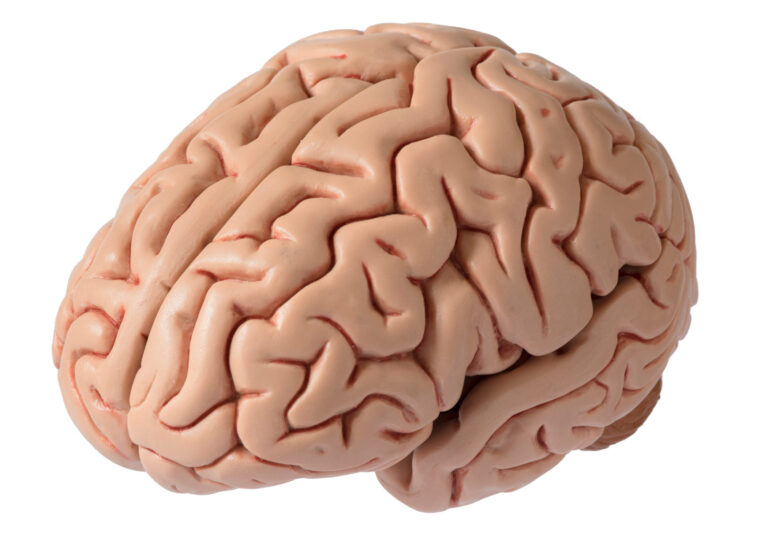Early Alzheimer’s disease in people over 60 often begins subtly, with signs that can easily be mistaken for normal aging but actually indicate changes in brain function. The most common early symptom is **memory loss that disrupts daily life**, especially forgetting recent events or important dates, and repeatedly asking the same questions or telling the same stories without realizing it. This memory loss goes beyond the occasional forgetfulness typical of aging and starts to interfere with everyday activities.
Another key early sign is **difficulty performing familiar tasks**. This might include trouble following a recipe, managing finances like paying bills, or handling routine household chores. Tasks that were once automatic become confusing or overwhelming, and the person may lose track of steps or forget whether they have completed a task.
**Confusion about time and place** is also common. Individuals may forget the day, month, or year, or become disoriented in familiar environments, such as getting lost on a well-known route or not knowing how they arrived somewhere. This disorientation can extend to difficulty understanding spatial relationships, like judging distances or reading maps.
Language problems emerge early as well. People might struggle to find the right words, have trouble following or joining conversations, or substitute unusual words, making communication challenging. This can lead to frustration and withdrawal from social interactions.
**Poor judgment and decision-making** can be noticeable, such as making uncharacteristic financial mistakes, neglecting personal safety, or showing diminished ability to plan or solve problems. For example, they might give away large sums of money or fail to recognize dangerous situations.
Another subtle but important sign is **misplacing items and being unable to retrace steps** to find them. Unlike normal forgetfulness, where one might remember where they last put something, a person with early Alzheimer’s may lose track entirely and become distressed.
Changes in mood and personality are also early indicators. Individuals may become anxious, suspicious, depressed, or withdrawn, sometimes showing uncharacteristic irritability or apathy. They might avoid social activities or hobbies they once enjoyed.
Sleep disturbances and increased wandering can begin in the early to middle stages, but subtle restlessness or changes in sleep patterns might appear early on.
In summary, early Alzheimer’s signs in people over 60 include:
– **Persistent memory loss**, especially recent events
– **Difficulty completing familiar tasks**
– **Confusion about time, date, and place**
– **Trouble with language and communication**
– **Poor judgment and decision-making**
– **Misplacing items and inability to retrace steps**
– **Mood and personality changes**
– **Withdrawal from social activities**
Recognizing these signs early is crucial because they allow for timely medical evaluation, diagnosis, and planning. While some memory lapses and occasional confusion can be part of normal aging, the presence of multiple signs, especially when they worsen or interfere with daily life, should prompt a visit to a healthcare professional for assessment. Early diagnosis can help manage symptoms, plan for the future, and improve quality of life.





